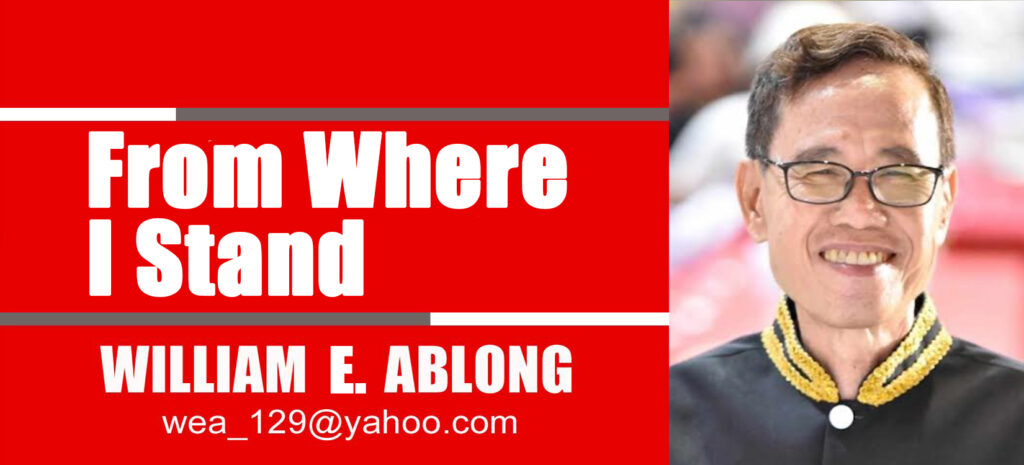
THE word “co-responsibility” appears 16 times in the synthesis report of the first session of the Synod on Synodality, convoked by Pope Francis to foster a more participatory, listening Church, and to confront what he calls the “clericalism” entrenched among clergy. Held at the Vatican from October 4–29, 2023, this first session emphasized collaborative leadership across all levels of the Church.
“The exercise of co-responsibility is essential for synodality and is necessary at all levels of the Church,” states the official English translation of the 41-page report, originally written in Italian.
“A culture of accountability is an integral part of a synodal Church that promotes co-responsibility, as well as safeguarding against abuses.”
Council of the Laity: Its History and Mission
The Catholic Bishops’ Conference of the Philippines (CBCP) established the Episcopal Commission on the Lay Apostolate (ECLA) in 1950 to oversee and support lay engagement in the Church’s life and mission. In 1957, national lay groups and diocesan councils were organized into what is now known as LAIKO, to coordinate and strengthen lay initiatives under the guidance of ECLA.
Today, LAIKO is composed of 55 national Catholic lay organizations and 57 diocesan councils, serving as the implementing arm of the CBCP for programs concerning the laity while also advancing its own advocacies.
Inspired by the Second Vatican Council (1962–1965), which emphasized the vital role of the laity, the CBCP later established the Sangguniang Laiko ng Pilipinas (Council of the Laity of the Philippines) to further promote lay participation in Church life.
The Council of the Laity functions as a public association of the faithful, signifying its formal recognition and its communion with the Church’s teachings and mission. It also serves as a platform for dialogue and collaboration between the episcopate and the lay faithful.
Its vision is centered on building a community of Christ-centered disciples, with the family as the foundation and agent of conversion, formation, and renewal—particularly in service to and solidarity with the poor.
ECLA and the Commission on the Laity
The Episcopal Commission on the Lay Apostolate (ECLA) is the CBCP’s episcopal body responsible for lay concerns. In partnership with ECLA, LAIKO serves as the organized association of laypeople tasked with implementing pastoral directives at the grassroots level.
Similarly, at the diocesan or archdiocesan level, Commissions on the Laity are created to unite, coordinate, and support the pastoral and spiritual formation of the laity—who, as non-ordained members of the Church, have a distinct yet complementary mission in evangelization and Church service.
In the Diocese of Dumaguete, the Commission on the Laity was formed following the Diocesan Pastoral Assembly (2015–2017). Although currently not included in the formal diocesan structure, its purpose is clear: to empower lay associations and communities, enabling a more effective and dynamic apostolate.
Key functions of the diocesan commission include:
- Initiating, promoting, and supporting diocesan programs, particularly those that foster Basic Ecclesial Communities (BECs).
- Serving as a unifying body for all diocesan religious organizations, associations, and movements—ensuring alignment in faith, morals, mission, and service among the laity.
Proposal to Strengthen the Council of the Laity of the Diocese of Dumaguete
After 13 years of active service with the Council of the Laity of the Diocese of Dumaguete, I strongly believe it is time to strengthen and restructure the council. This is not only a response to present pastoral realities but also an alignment with the spirit of the Synod on Synodality and the ongoing call of Vatican II for the laity’s vital role in the Church’s mission.
Proposed Reforms:
Categorization of Lay Organizations
All Church organizations in the diocese shall be grouped under the following categories:
- Renewal (e.g., DORMC)
- Mandated
- Marian
- Devotional
- Other Diocesan Associations and Organizations
Council Composition
The Diocesan Council of the Laity shall be composed of:
- Presidents of Parish Pastoral Councils (PPCs) from all parishes and quasi-parishes (51)
- Presidents/Representatives from the five categorized groups of organizations (5)
Total: 56 members
Alternative option for PPC representation:
Adopt a vicariate-based approach, where each of the 8 vicariates nominates one PPC representative to the council. This would reduce the total council membership from 56 to 13—resulting in more manageable and effective governance.
- Meeting Schedule
- Regular quarterly meetings
- Special meetings as needed, convened by the council leadership or upon request
Laity Leaders’ Conference and Program Planning
A Laity Leaders’ Conference shall be convened to develop a Three-Year Program Plan of Action (PPOA) for 2026–2028. This will be followed by:
- Quarterly performance reviews
- Year-end evaluation and planning workshops
- A new PPOA will be drafted and approved every three years.
Constitution and By-Laws
A Constitution and By-Laws for the Diocesan Council of the Laity shall be:
- Drafted
- Ratified by the Council
- Submitted for the Bishop’s approval
“For as in one body we have many parts, and all the parts do not have the same function, so we, though many, are one body in Christ and individually parts of one another.” — Romans 12:4–5

